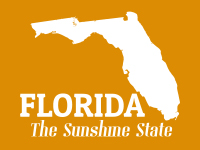Just over one year ago, we noted the continued and vibrant debate among state and federal courts over whether the Uniform Trade Secrets Act (“UTSA”) preempts other claims based on the misappropriation of information when that information does not qualify as a trade secret. In that post, we noted that Arizona was one of the states in which the “majority interpretation” had been applied, which is the view that UTSA preempts all common law tort claims based on trade secret misappropriation, whether or not it meets the statutory definition of a trade secret.
UPDATE – Uniform Trade Secrets Act Preemption: The Debate Continues… With Possible Implications for Punitive Damages?











